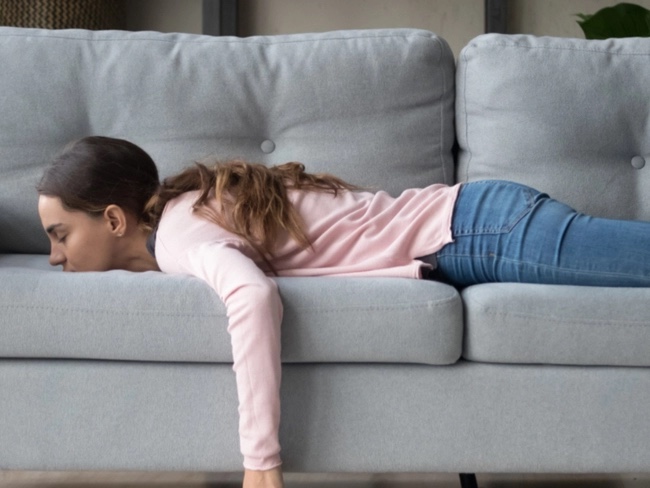New research, “Cross-Sectional Study of Sleep Quantity and Quality and Amnestic and Non-Amnestic Cognitive Function in an Ageing Population: The English Longitudinal Study of Ageing (ELSA),” shows that there’s an association between both quality and duration of sleep and brain function which changes with age. Little or poor sleep may be associated with worse brain function when aging, say the researchers. The study, published in PLOS ONE by researchers at the University of Warwick, indicates that sleep problems are associated with worse memory and executive function in older people.
Analysis of sleep and cognitive (brain function) data from 3,968 men and 4,821 women who took part in the English Longitudinal Study of Aging (ELSA), was conducted in a study funded by the Economic and Social Research Council (ESRC). Respondents reported on the quality and quantity of sleep over the period of a month. In adults aged between 50 and 64 years of age, short sleep (<6hrs per night) and long sleep (>8hrs per night) were associated with lower brain function scores. So you don’t want to sleep too little, and you don’t want to sleep too much with naps on and off for hours during the day, either.
Notice how many senior assisted living apartments or condos that serve lunch in a dining hall may focus on taking the daily nap after eating lunch in the dining area instead of a brisk walk or other movement? If it isn’t the nap, than it’s the afternoon movie shown in the community meeting area, which keeps people sitting for hours instead of moving around with various activities according to the individual’s ability.
By contrast, in the study, in older adults (65-89 years) lower brain function scores were only observed in long sleepers. Dr Michelle A Miller says, according to the June 26, 2014 news release, Little or poor sleep may be associated with worse brain function when aging, that “6-8 hours of sleep per night is particularly important for optimum brain function, in younger adults.” These results are consistent with our previous research, which showed that 6-8 hours of sleep per night was optimal for physical health, including lowest risk of developing obesity, hypertension, diabetes, heart disease and stroke.”
Interestingly, in the younger pre-retirement aged adults, sleep quality didn’t have any significant association with brain function scores, whereas in the older adults (>65 years), there was a significant relationship between sleep quality and the observed scores
“Sleep is important for good health and mental wellbeing” says Professor Francesco Cappuccio, according to the news release. “Optimizing sleep at an older age may help to delay the decline in brain function seen with age, or indeed may slow or prevent the rapid decline that leads to dementia.” Dr Miller concludes that “if poor sleep is causative of future cognitive decline, non-pharmacological improvements in sleep may provide an alternative low-cost and more accessible Public Health intervention, to delay or slow the rate of cognitive decline.”
In 2012 it has been said that ‘the level of diagnosis understanding and awareness of dementia is shockingly low’ and, that the estimated cost to society is currently around £23bn, at least in the UK, according to this BBC health website. But instead of developing nutrition-dense diets and supplements or plant that really work, instead, at least in the UK, more recently, the Prime Minister said, according to this BBC health news website, that there was a need to develop more drugs and get them to patients more quickly. For that to happen, international collaboration and more funding for dementia research was needed.
Perhaps more communication internationally needs to be shared between researchers who test foods for dense nutrition, or supplements from foods, that also might be used for health benefits. For example, you may wish to check out the article, “Turmeric Produces ‘Remarkable’ Recovery in Alzheimer’s Patients.” And as for sleep, sometimes a small amount of tart cherry juice might help someone to sleep better.















